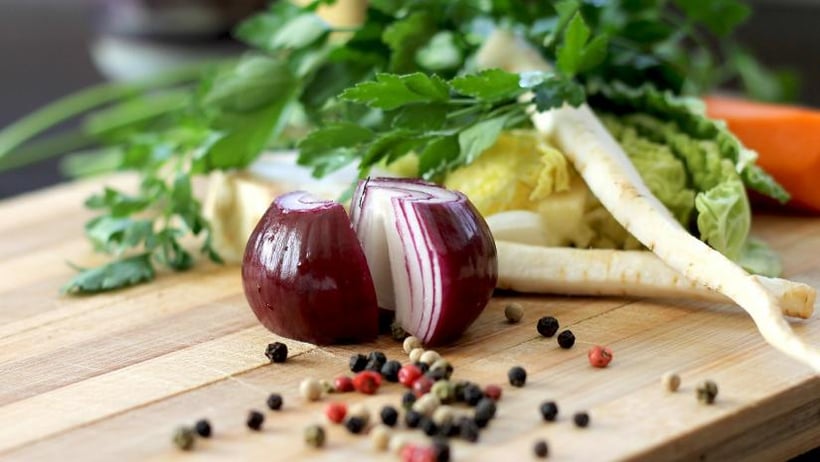
The Public Health Agency of Canada (PHAC) has announced that the source for the current Salmonella outbreak in some Canadian provinces is likely red onions imported from the United States. This is an encouraging development since the last PHAC update in which Canadians were warned about the Salmonella outbreak but no source was identified yet.
When the initial Salmonella outbreak was identified, the Centers for Disease Control and Prevention (CDC) was also investigating an outbreak of Salmonella Newport which has a similar genetic makeup to the illnesses that were being reported in Canada. Investigators in Canada and the United States began to collaborate in order to identify the source.
Based on their findings, red onions imported from the US into Canada are the likely source of the outbreak. Many of the people who fell ill reported consuming red onions before they became sick.
As of July 30, there have been an additional 55 cases of Salmonella Newport infection reported. There are now a total of 114 confirmed cases linked to the outbreak. The breakdown by province is as follows:
- Alberta — 55
- British Columbia — 43
- Manitoba — 13
- Ontario — 2
- Prince Edward Island — 1
Important actions to take
The concern about the Salmonella outbreak is that individuals who fell ill reported consuming red onions from a variety of different sources. Some reported eating red onions at home, while others ate them in dishes at food establishments or in residential care facilities. This points to the potential for multiple products to be recalled in the near future.
In the meantime, PHAC is advising Canadians who live in the following provinces to not eat any red onions that are imported to Canada from the United States:
- Alberta
- British Columbia
- Saskatchewan
- Manitoba
- Ontario
This advisory includes not eating any food products that contain raw red onions that are imported from the United States.
Food businesses within these provinces are also advised to not use, sell or serve any red onions that are imported from the United States. This advisory does not apply to red onions grown in Canada.
If you have red onions at home
- Look for a label showing where the red onion was grown.
- If red onions were grown in the United States, do not eat them.
- Throw any red onions grown in the United States away and wash your hands thoroughly.
- If there is no label, do not eat the onions. Dispose of them and wash your hands thoroughly.
- If you have pre-made salads, sandwiches, dips, wraps or other food items that contain red onions and you are not sure of the source, do not eat the food product. Throw the food items away and wash your hands thoroughly.
- Wash and sanitize drawers or shelves in areas where red onions were stored.
If purchasing red onions
- Do not purchase red onions with packaging showing they come from the United States.
- Ask retailers whether the red onions come from the United States if they are in an unpackaged product or not labelled.
- Do not buy red onions unless you can confirm they do not come from the United States.
If dining at a food establishment
- Confirm with staff that a salad or other food item containing red onions does not come from the United States. If they do, or the staff are unsure, do not eat the food item.
If you work in the food industry
- Check the labels on bags or boxes of red onions to see if they come from the United States.
- Discard any red onions (or products containing red onions) from the United States. Wash your hands thoroughly and clean and sanitize the areas where they were stored.
- If the source of the red onions cannot be identified, contact your supplier.
- Suppliers, distributors and others in the supply chain should not ship or sell red onions imported from the United States.
- Staff must not cook food for other people if they have been diagnosed with a Salmonella infection.
Stay informed
The public is advised to check the advisory notice frequently for any updates. The Canadian Food Inspection Agency (CFIA) is conducting a food safety investigation and will be recalling products as required.
The Canadian Institute of Food Safety will continue to provide food safety news for the food industry as it becomes available.





